Navigating the journey of treating children and adults with medication for mental health struggles is incredibly difficult.
No matter what choice is made, there are consequences.
Every psychiatrist has different ideas and experiences.
Every individual responds differently to medications.
The development and presentation of every individual is different.
What may appear to be one thing, can often be another.
Mental health issues aren't "fixed" by just popping a pill or not popping a pill.
After almost ten years of navigating this journey with my children and husband, I would like to share 10 things you need to know about medications for mental health struggles.
Today I heard from Sunshine's psychiatrist.
A few weeks ago Sunshine had blood work done to check how her body is responding to the cocktail of medications she's on.
Sunshine is currently diagnose with:
- Autism Spectrum Disorder
- ADHD
- Reactive Attachment Disorder
- PTSD
- Mood Disorder (bi-polar)
When she returned home from residential she was on the following medications and supplements:
- Tenex
- Risperdal
- Depakote
- Lamictal
- Adderall
- Trileptal
- Zyprexa
- Hydroxyzine
- Benadryl
- Levothyroxine
- L-Methylfolate
- GABA
- L-Theanine
- Multivitamin
Her current psychiatrist has been concerned about this cocktail of medications and what they are doing to Sunshine's body. (Some of these meds are not usually combined and at such high doses.)
We have also been concerned.
Results from initial blood work weren't as positive as we'd hoped, even though blood work previously had shown Sunshine had been stable on these meds and doses for six months.
The not so great results meant another blood draw in a couple of weeks, and weaning off another one of her meds. We had already weaned off all of the hydroxyzine at this point.
Sunshine began weaning from Zyprexa, an antipsychotic med that was prescribed a year before in residential, to help with manic and depressive episodes, specifically the psychosis aspect of things.
She received her second blood draw today, which thankfully showed improvement in Sunshine's white blood cell count.
The weaning off of Zyprexa made a difference in blood counts, but was NOT a fun process.
Not having Zyprexa has definitely affected her moods daily. It's our hope that after withdrawal symptoms, she will be doing better.
There is nothing about taking medication for mental health struggles that is easy for adults or children.
I feel it's so important that you know and understand what this process is like, especially if you are experiencing it yourself or with your children, or know someone who is.
10 Things You Need to Know About Medications for Mental Health Struggles
1. Just one medication may not be the answer. It may take more.
2. All medications have side effects that can harm the body, some in very serious ways.
3. Medications may not work as hoped, causing more mental health struggles, until they are stopped or another solution is found.
4. It can take a long time to find the correct dose of a medication that works for mental health struggles.
5. Medications may not always be needed, as individuals grow and learn how to regulate emotions more efficiently.
What I'd Wish I'd Known About My Child's Mood Disorder Med Changes
6. Withdrawal symptoms of meds can be quite awful. Wean with care and supervision.
A Plan for Mental Health Emergencies
7. Documentation of behaviors before and during medication trials (and weaning) is crucial to understanding how the medication works.
- Sleep
- Appetite
- Weight
- Moods
- Energy Levels
- Aggression
- Agitation
- and more!
How to Document Your Child's Behaviors for Professionals and Specialists
- Tenex
- Decreases aggression and impulsivity
- Risperdal
- Decreases mania and improves sleep
- Decreases agitation and aggression
- Decreases depressive episode symptoms, especially psychosis
- Causes weight gain and increased appetite
- Depakote
- Decreases mania
- Decreases homicidal tendencies and aggression
- Aids in the metabolism of Lamictal
- Causes thinning of hair
- Effects thyroid levels
- Causes nightmares
- Causes constipation
- Lamictal
- Decreases mania
- Decreases homicidal tendencies
- Decreases agitation and aggression
- Does not work without Depakote
- Adderall
- Decreases hyperactivity and impulsivity
- Decreases aggression
- Causes insomnia if given later in the day
- Trileptal
- Unknown as it was prescribed during first residential stay during COVID-19 lockdown
- Zyprexa
- Unknown as it was prescribed during third residential stay in a different state
- Learning about how it works now as we've weaned Sunshine off of it. So far we've learned:
- Causes issues with sleep
- Causes impaired thought process
- Causes white blood cell count to plummet
- Regulates moods
- Hydroxyzine
- Calms behaviors when needed
- Causes irritability
- Causes fatigue
- Benadryl
- Reduces anxiety at bedtime and allows Sunshine to fall asleep
- Levothyroxine
- Improves Sunshine's thyroid functioning
- Helps with mood swings
- L-Methylfolate
- Necessary due to chromosome abnormalities
- Increases anxiety
- GABA
- Calms the brain
- L-Theanine
- Calms the brain

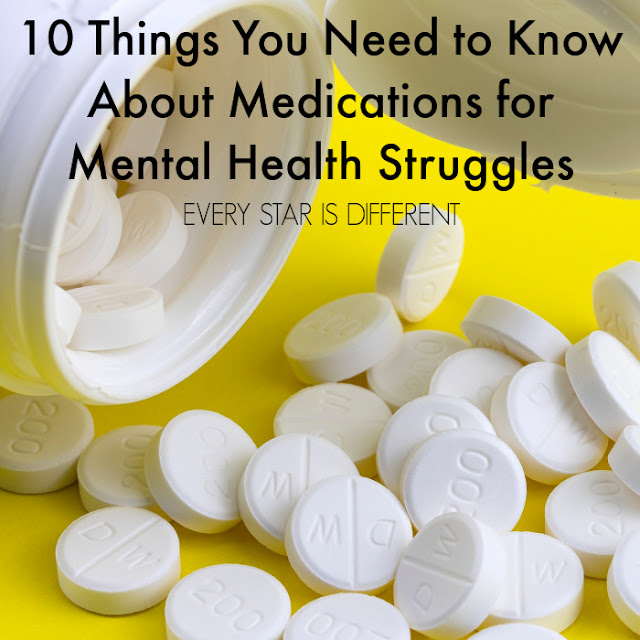
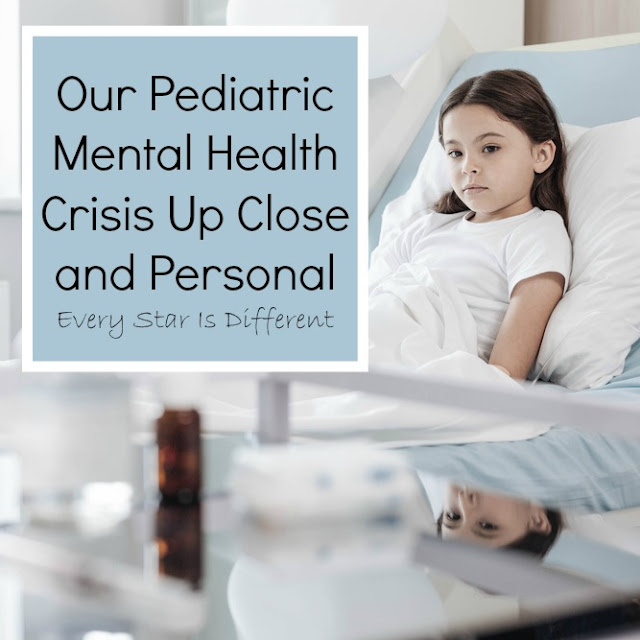
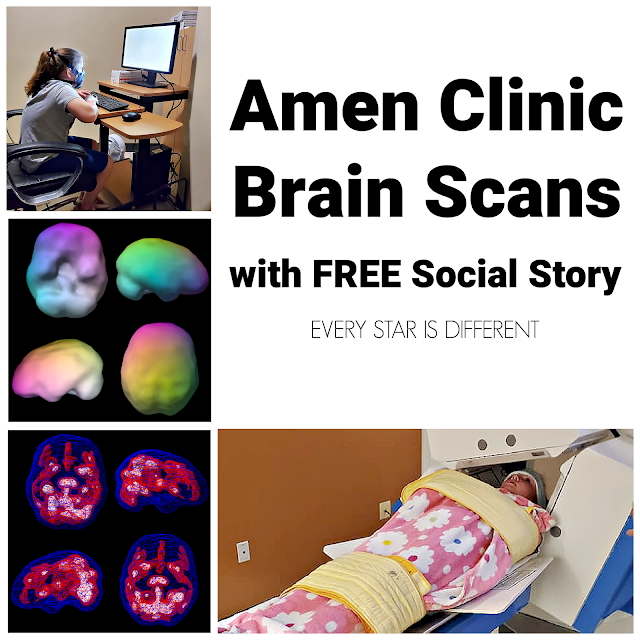


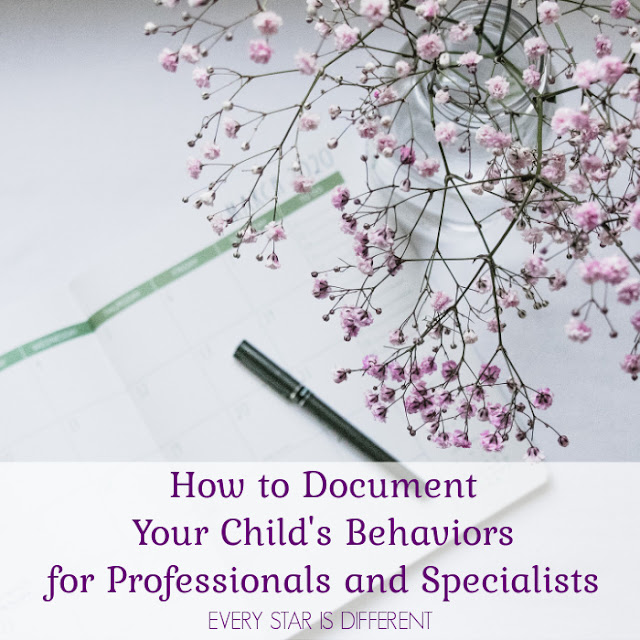





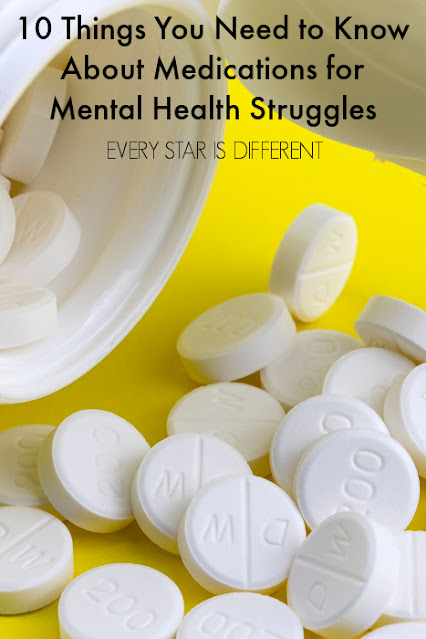
No comments:
Post a Comment